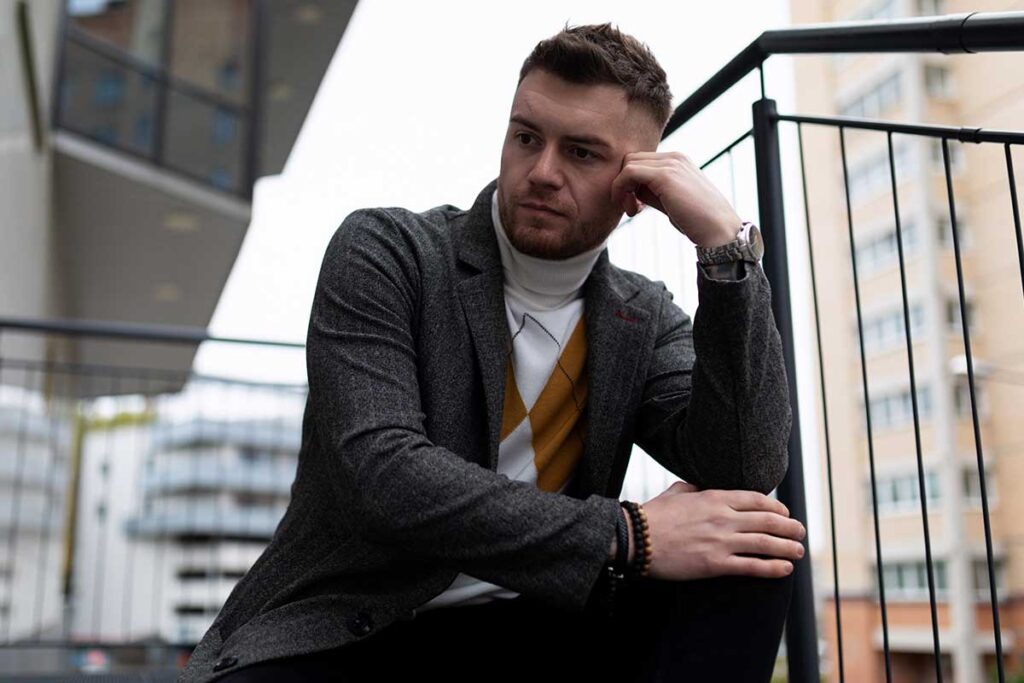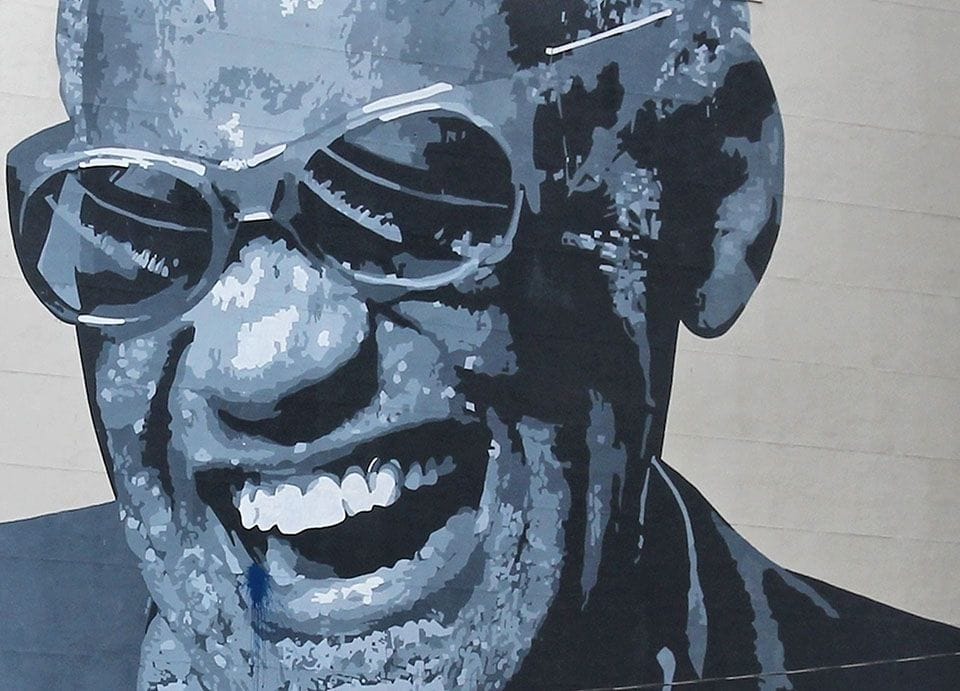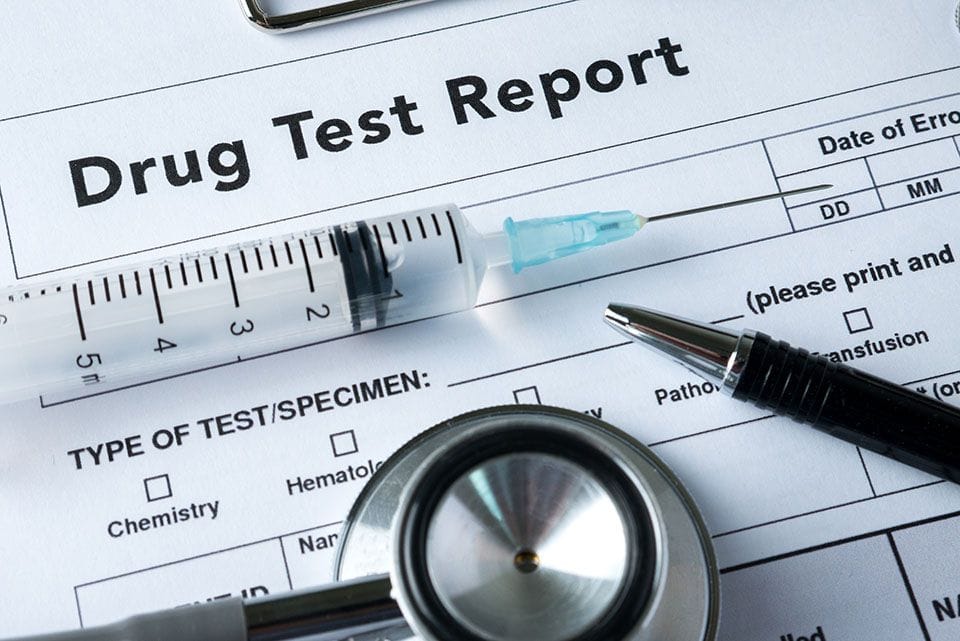Spotting the psychological and physical symptoms of heroin abuse could help you save the life of somebody you know. This is especially important given the rising number of deaths attributed to the drug. From 2010 to 2012, the number of overdose deaths from heroin doubled across 28 states, and in 2012 the same states saw twice as many overdoses due to prescription painkillers as they did for heroin. Finding out more about the rising abuse of opioids, how painkillers lead to heroin abuse, and how to recognize the signs of heroin addiction is becoming increasingly important in modern-day America.
At Recovery Ranch in Nunnelly, Tennessee, we know the risks associated with heroin and opioid abuse. We are dedicated to helping those struggling with addiction lead happy, healthy lives. Our heroin addiction treatment program is compassionate and individualized, meaning that you or your loved one at Recovery Ranch will receive the support needed for a successful recovery journey. Get started today by calling 1.844.876.7680.
The Link Between Prescription Drugs and Heroin Abuse
The prescription drug epidemic growing across America is closely tied to the rise in heroin abuse. The connection between the two simply comes down to the fact that prescription painkillers—the most abused prescription medications—have the same effect on the brain as heroin. Heroin and opioid medications interact with opioid receptors in the brain to change the way people perceive pain. These drugs are so strong that instead of blocking pain, they change the feeling and can even cause euphoria.
Users start taking prescription medicines, either for legitimate reasons or recreationally, and eventually become addicted to opioids. This means that people struggling with medications may display symptoms similar to heroin users because they’re effectively taking the same drug in a different form.
Efforts to reduce the prescribing of prescription opioids, steps being taken to shut down “pill mills,” and the production of abuse-resistant forms of medicines such as OxyContin make it more difficult for users to get the high they’re looking for from medication. Additionally, the cost of opioid addiction is excessive. For many, the only way to continue their addiction is to switch to heroin, which runs $3-10 per bag compared to $20-60 for some prescription pills.
Psychological Signs of Heroin Addiction
Drug addiction is ultimately psychological, and there are many psychological signs that can tip you off to a problem with a loved one. Addiction reduces the pleasure people take in activities they used to enjoy, so somebody struggling with addiction might lose interest in hobbies and withdraw from friends and family. Other common signs include:
- Mood swings
- Depression
- Breaking rules at home, work, or school
- Trouble with authority
- Problems maintaining commitments
- Violent, angry outbursts
The individual may also struggle to keep up with conversations, experience changes in sleeping patterns, be more private than usual, and hang out with a new group of friends.
Physical Signs of Heroin Abuse
There are also many physical signs of heroin addiction, including:
- Needle marks – They may frequently wear long sleeves or pants in warm weather—possibly to hide the characteristic small bruises or red dots at injecting sites.
- Burn marks around the fingers or mouth
- Sores on lips or nostrils
- Persistent cough or runny nose
- Nosebleeds
- Bloodshot eyes and extremely small pupils
- Itchy skin
- Dry mouth
- Pallid skin tone
- Sudden reduction in weight
- Slow, uncoordinated movements
- Daytime drowsiness
- Loss of menstrual cycle
- Lax personal hygiene and a general disregard for physical appearance
Paraphernalia Associated With Heroin Abuse
Alongside needles, you may be able to spot signs of a problem by recognizing other items that people struggling with heroin may have lying around, like:
- Spoons with burn marks on them
- Small cotton balls
- Q-tips or cigarette filters to filter the heroin-laced mixture prior to injection
- Shoelaces and rubber bands to tie off injection sites
- Small orange caps from disposable syringes
- Aluminum foil or gum wrappers with burn marks
- Straws
- Empty pen casings
- Rolled dollar bills or paper
- Nasal spray bottles
- Razor blades or credit cards with powder residue on them
Does Your Loved One Have a Problem with Heroin?
Putting all of your observations together isn’t easy, so be careful about over-interpreting one or two signs, like drowsiness and weight loss, which could have many causes. If you have identified a problem, there is still a long way to go, but you’ve potentially just taken the first step to saving somebody’s life.
Talking to them about it is the next step, and this is by no means easy. Ensure you come at the issue from a place of caring and concern, avoid being accusatory, and encourage them to recognize the negative consequences of heroin abuse and seek further support. It’s a long road to recovery, but helping somebody find their way onto it may save them from becoming another overdose statistic.
Heroin Addiction Treatment at Recovery Ranch Tennessee
Our center in Nunnelly, TN is a safe space where we offer heroin addiction treatment and support services. As part of our comprehensive addiction treatment program, we offer evidence-based therapies tailored to meet each individual person’s unique needs. This includes cognitive-behavioral therapy (CBT), dialectical behavior therapy (DBT), trauma-informed therapies, and more.
We also provide a variety of holistic healing modalities to help our clients achieve mental, physical, and spiritual wellness. These include yoga classes, mindfulness practices, art therapy activities, 12-step support groups, and equine programs. Learn more and get started today by calling 1.844.876.7680 or contacting us online.



